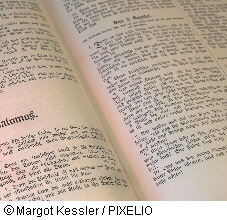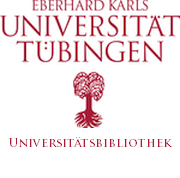Verbände im Trend oder Akteure politischer Glaubenspraxis »von gestern«?
DOI:
https://doi.org/10.18156/eug-1-2008-art-6Abstract
Katholische Verbände weisen im Jahr 2008 mit über 100 überdiözesanen Organisationen eine erstaunliche Vielfalt auf. Die im Zuge der gesellschaftlichen Modernisierungsprozesse immer wieder totgesagten Verbände bilden weiterhin eine wichtige Säule des kirchlichen Lebens und der politischen Landschaft in der Bundesrepublik Deutschland. Wie steht es aber um die kirchlichen Verbände als Akteure politischer Glaubenspraxis? Welche Bedeutung kann ihnen an der Schnittstelle von Kirche, Gesellschaft, Politik und Wirtschaft noch beigemessen werden? Welche Wandlungsprozesse haben sie angesichts von Pluralisierung und Individualisierung vollzogen? Wie steht es um Einfluss und Kraft zur Zukunftsgestaltung? Sind sie Akteure politischer Glaubenspraxis »von gestern«? Haben sie also »ihre Zeit« hinter sich? Oder eine andere vor sich? Diesen Fragen geht der Beitrag nach.Numbering over hundred interdiocesan organisations in 2008, Catholic associations manifest an astonishing diversity. So often pronounced dead in the wake of societal modernisation processes, the associations continue to constitute an important pillar of Church life and across Germany's political landscape. But what of their role as key players in the political exercise of religious faith? Residing at the interface of Church, society, politics and the economy, what is their significance today? What transformational processes have they undergone in the light of increasing pluralisation and individualisation? How strong is their influence and capacity to shape the future? Do these key protagonists in the practice of political-religious faith belong to a «bygone age»? Has «their time» passed? Or is their time still to come? It is these issues that this paper seeks to address.






